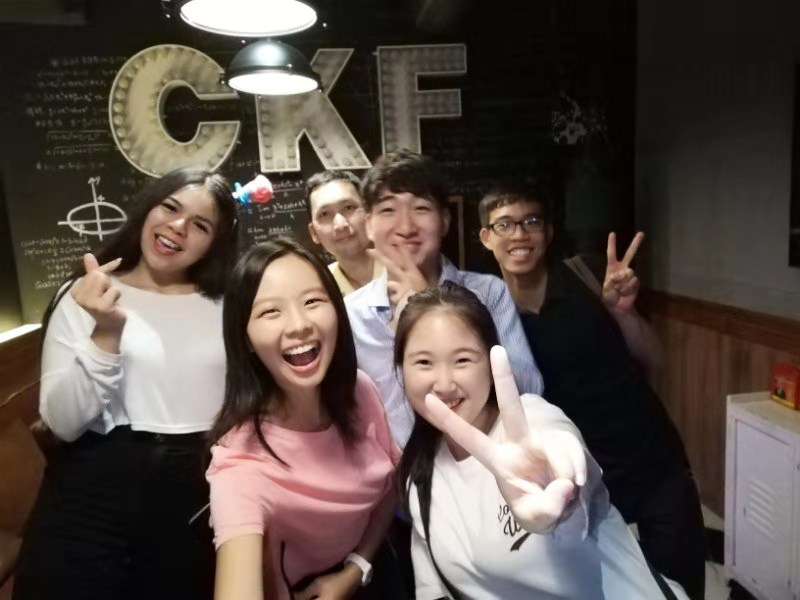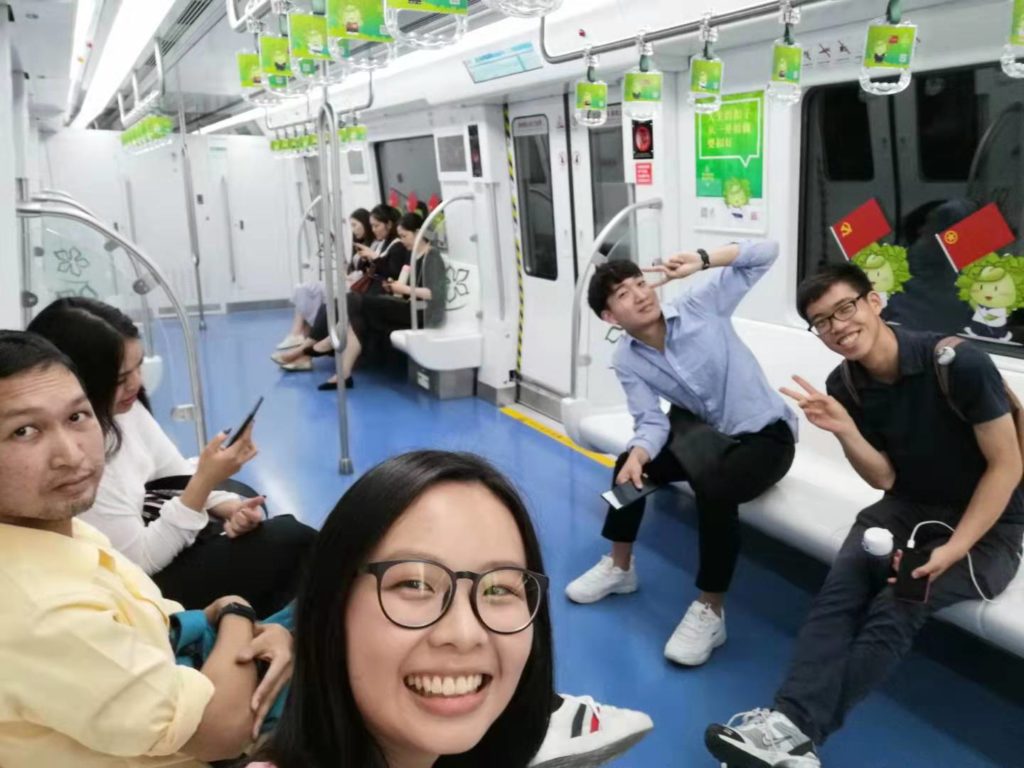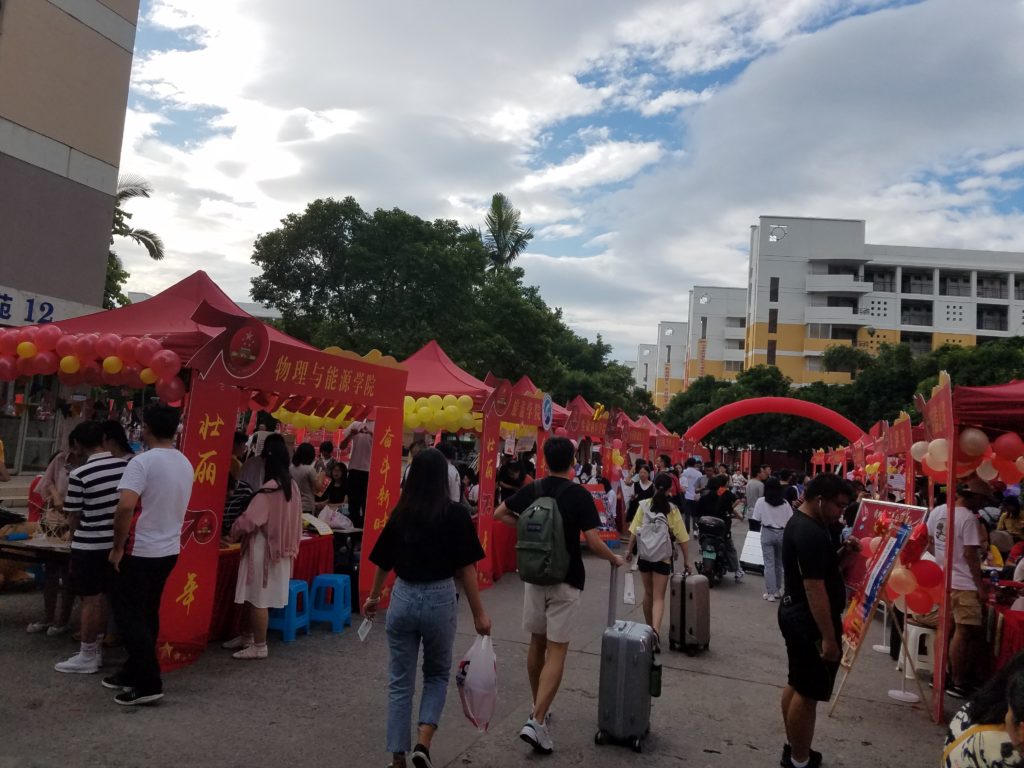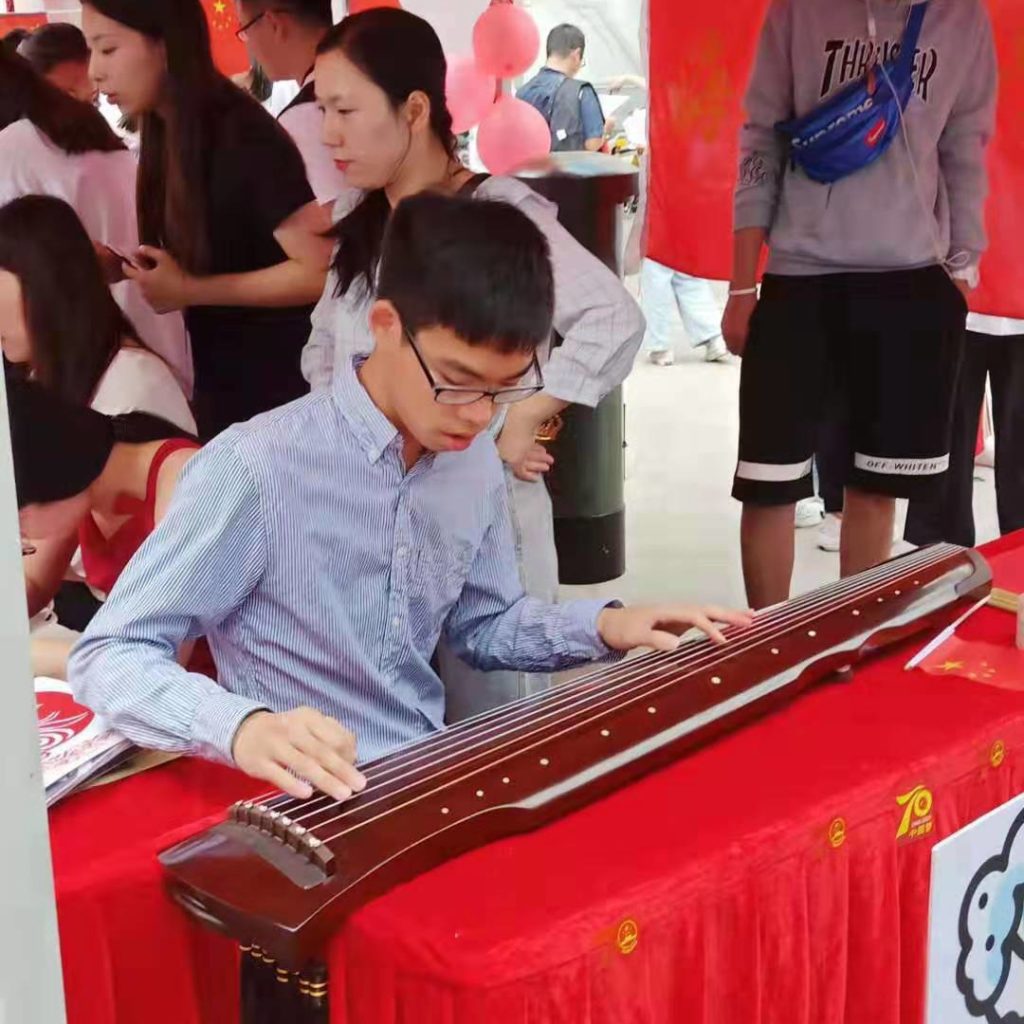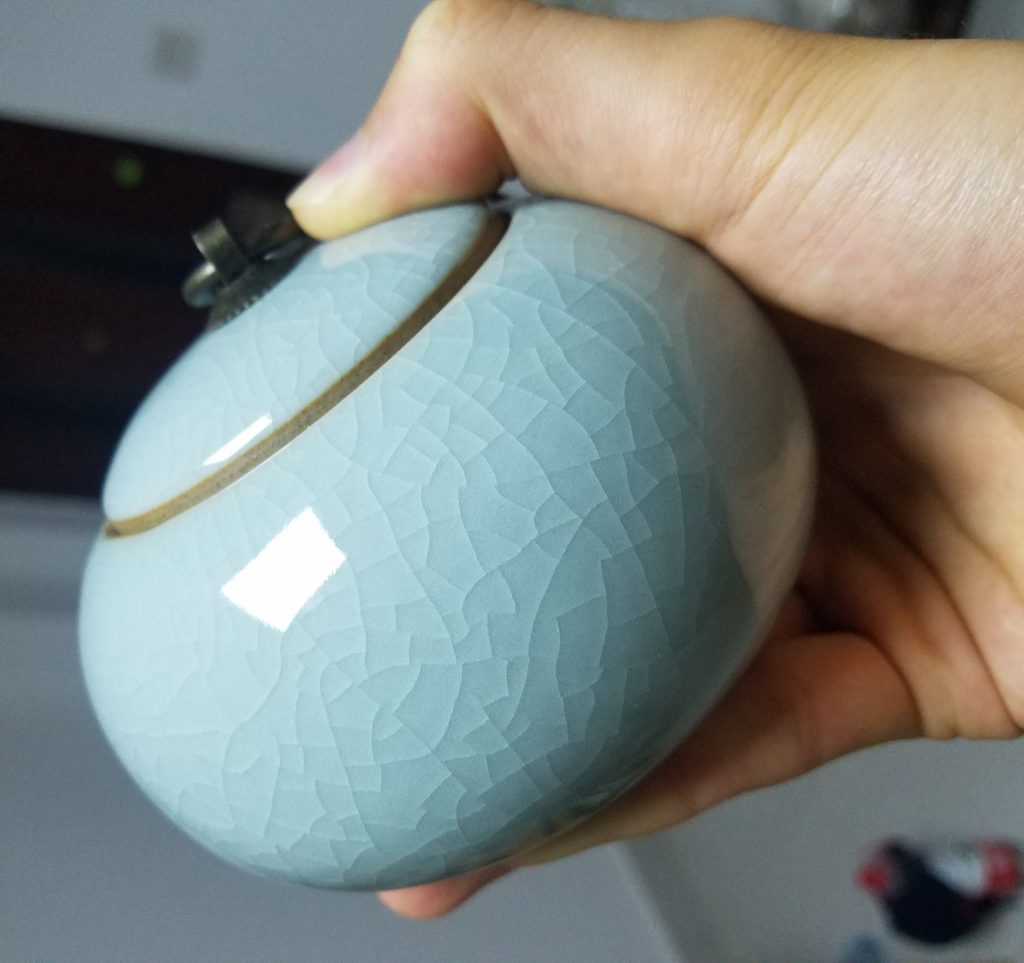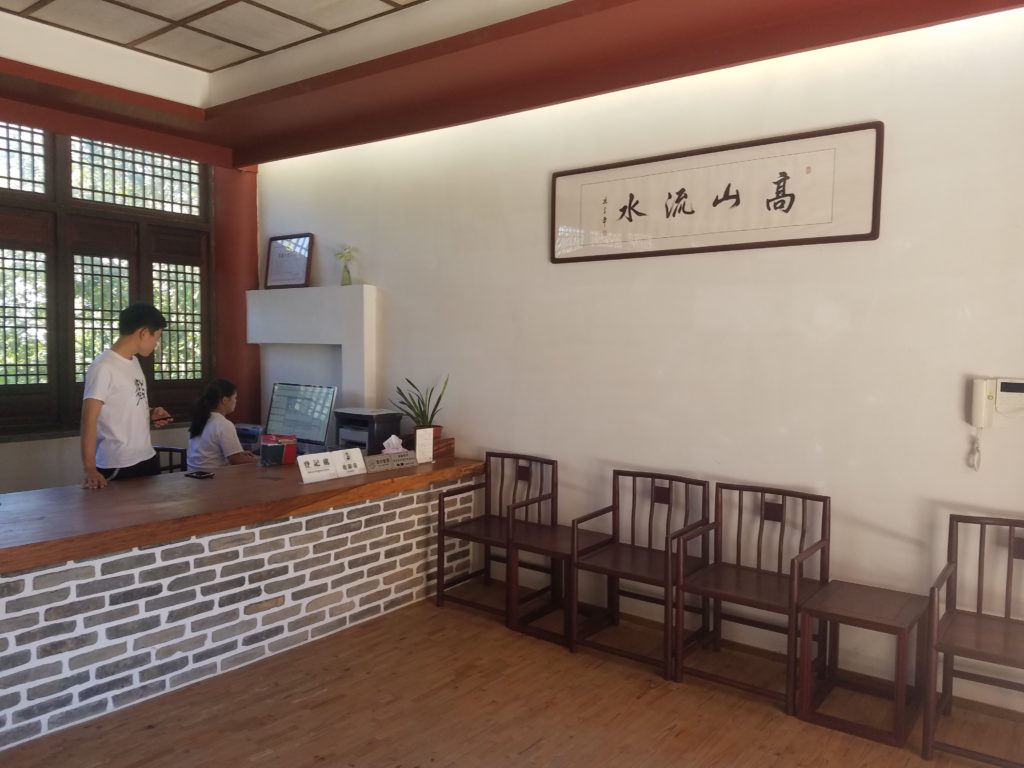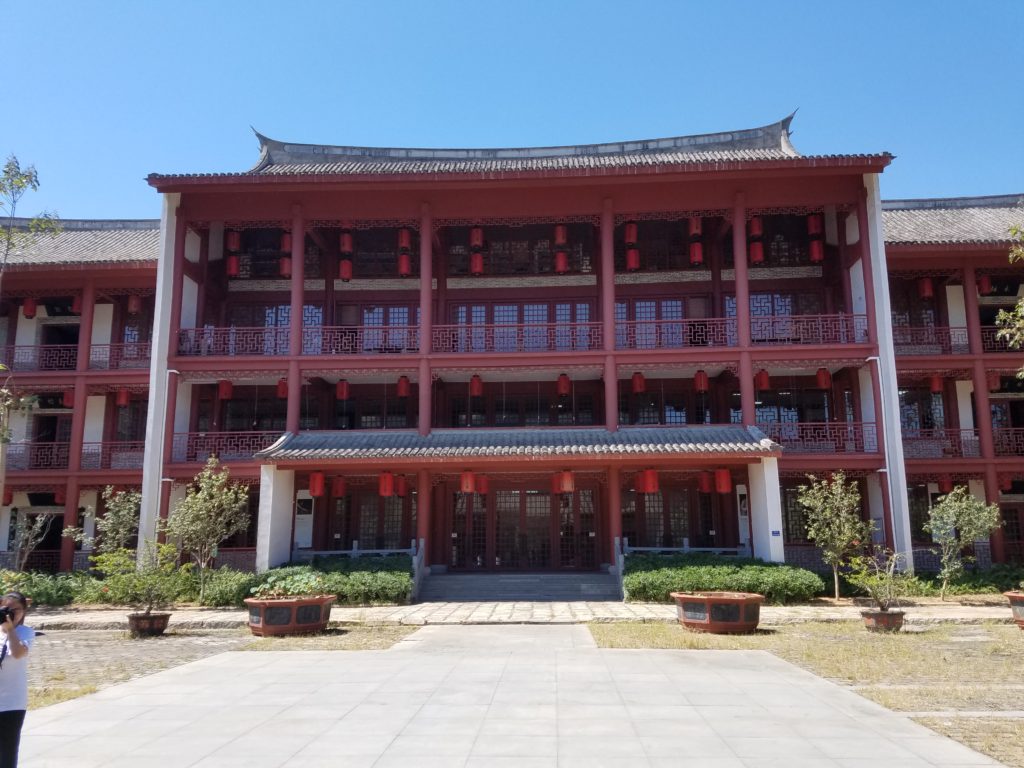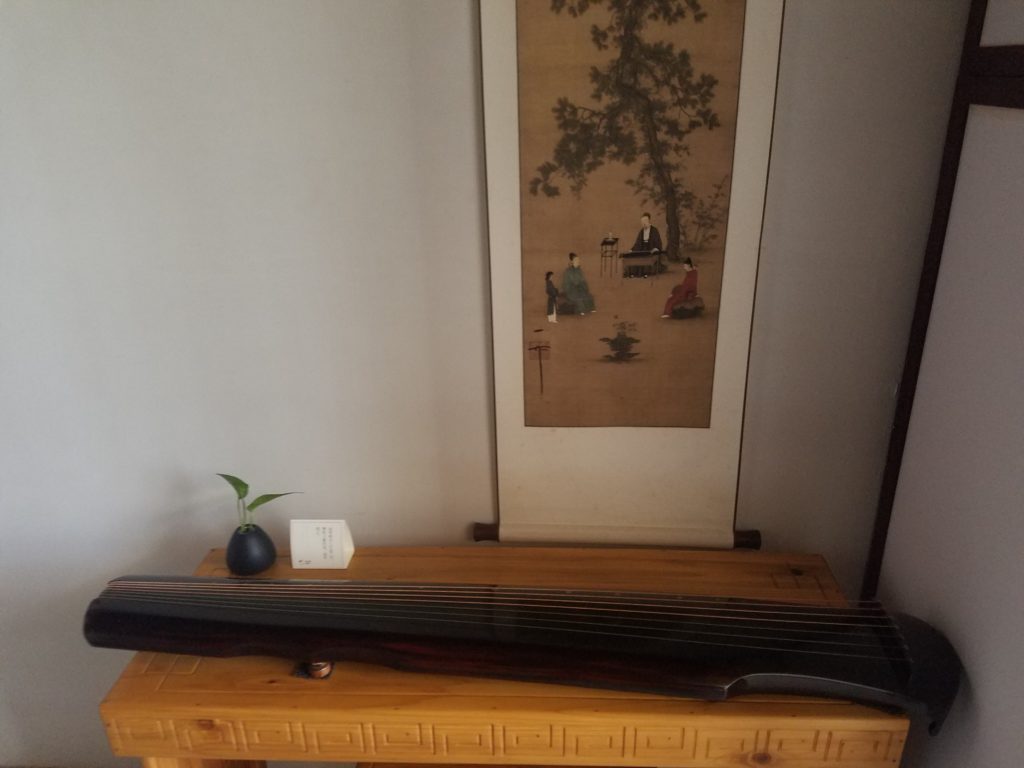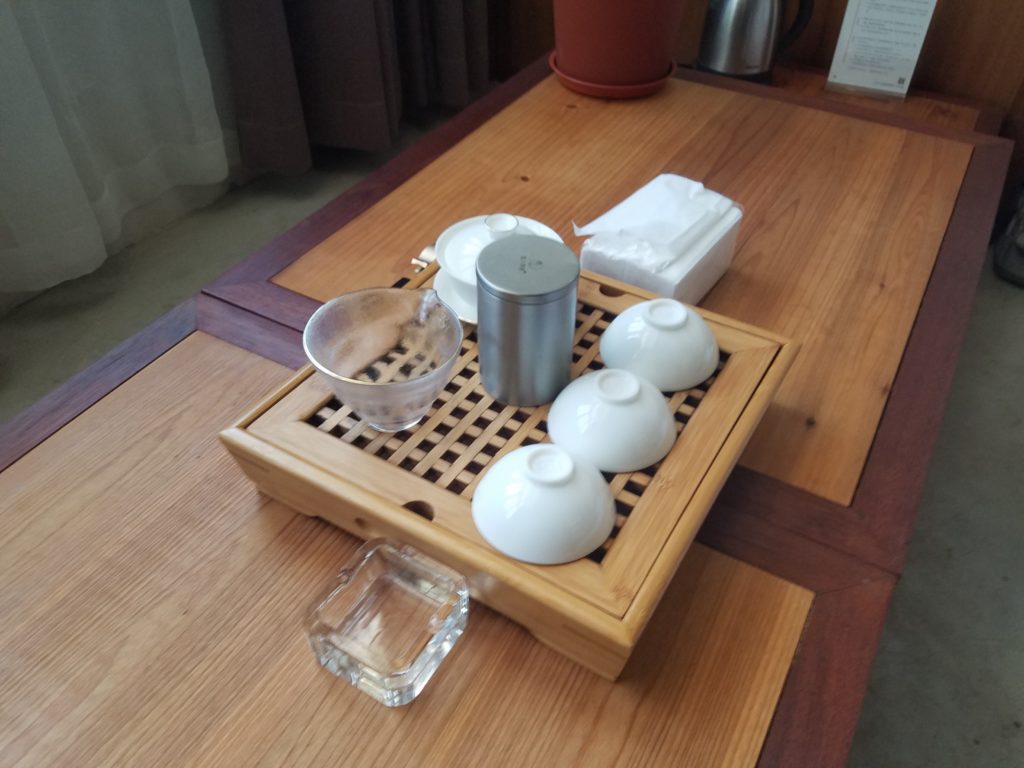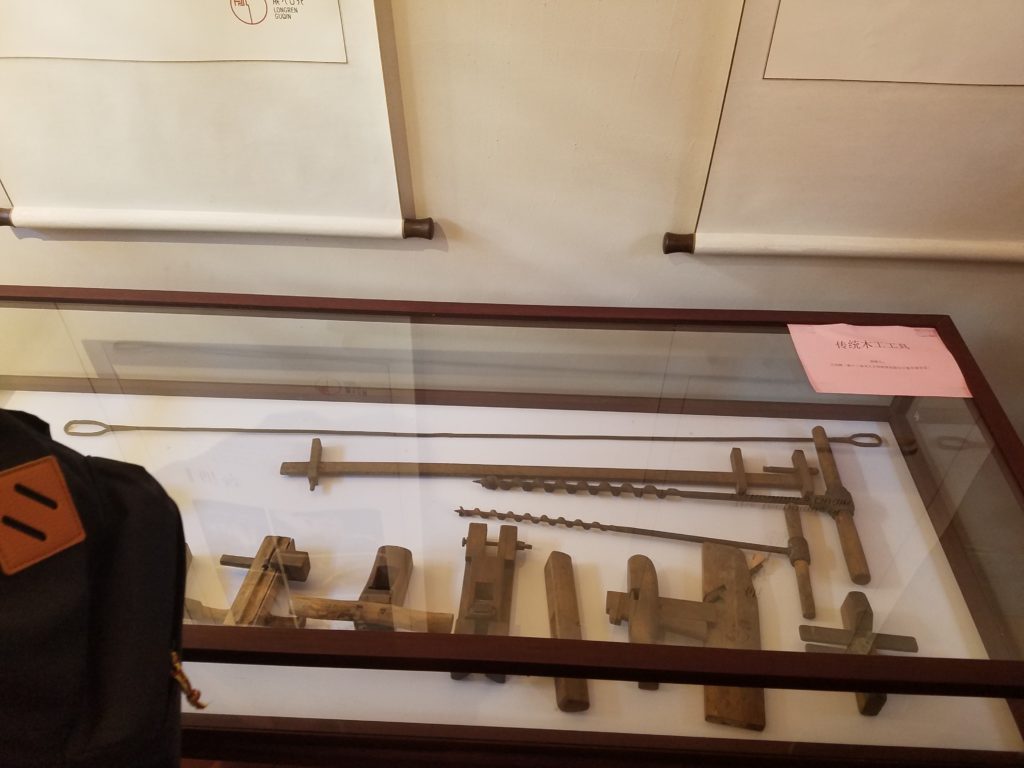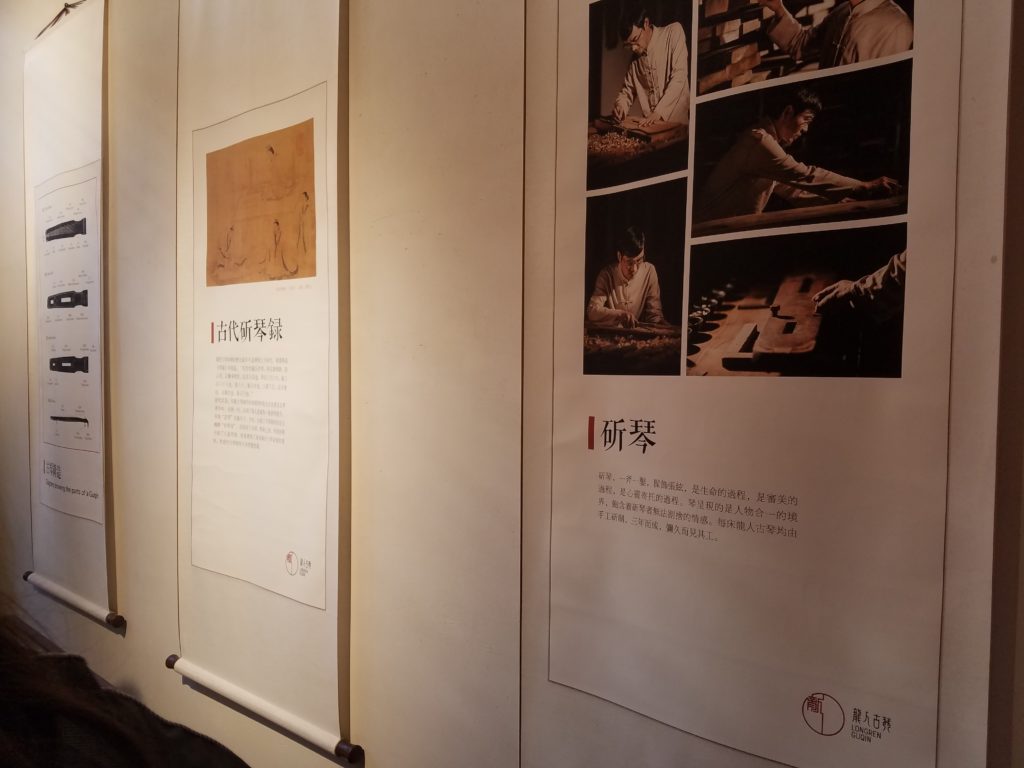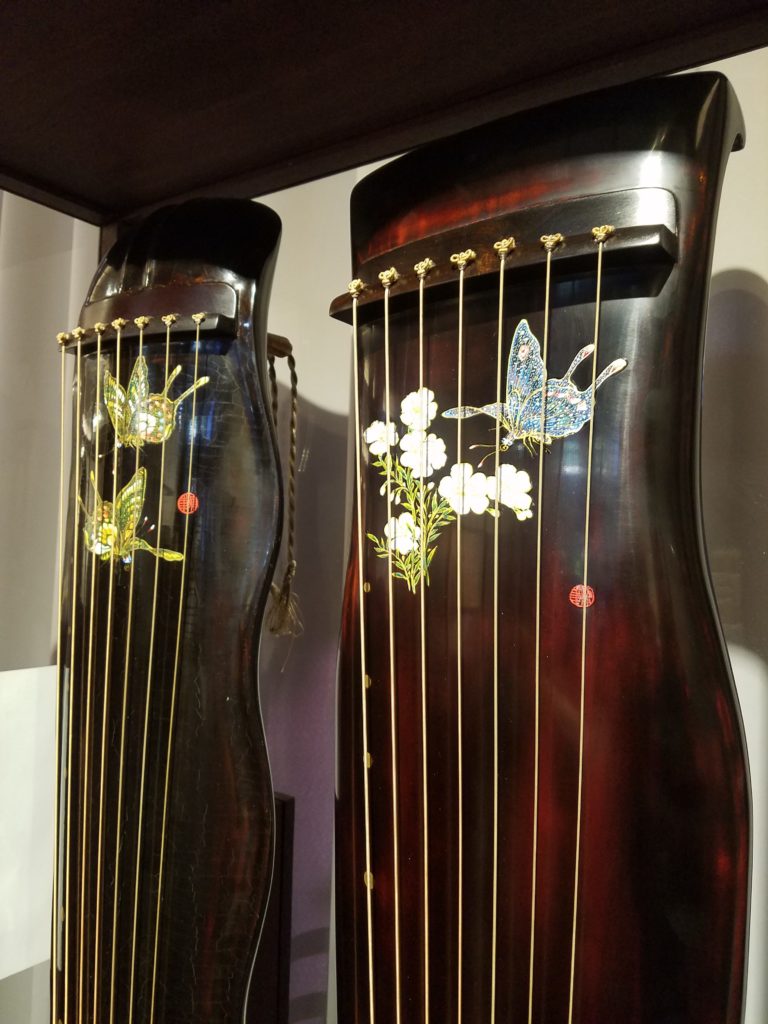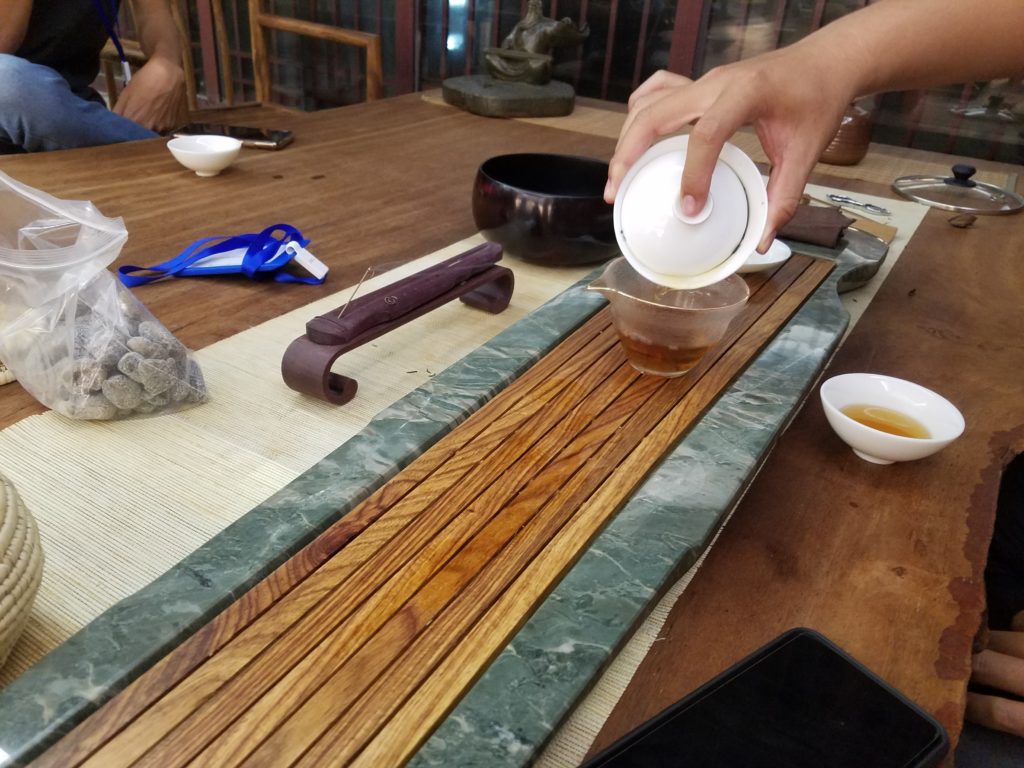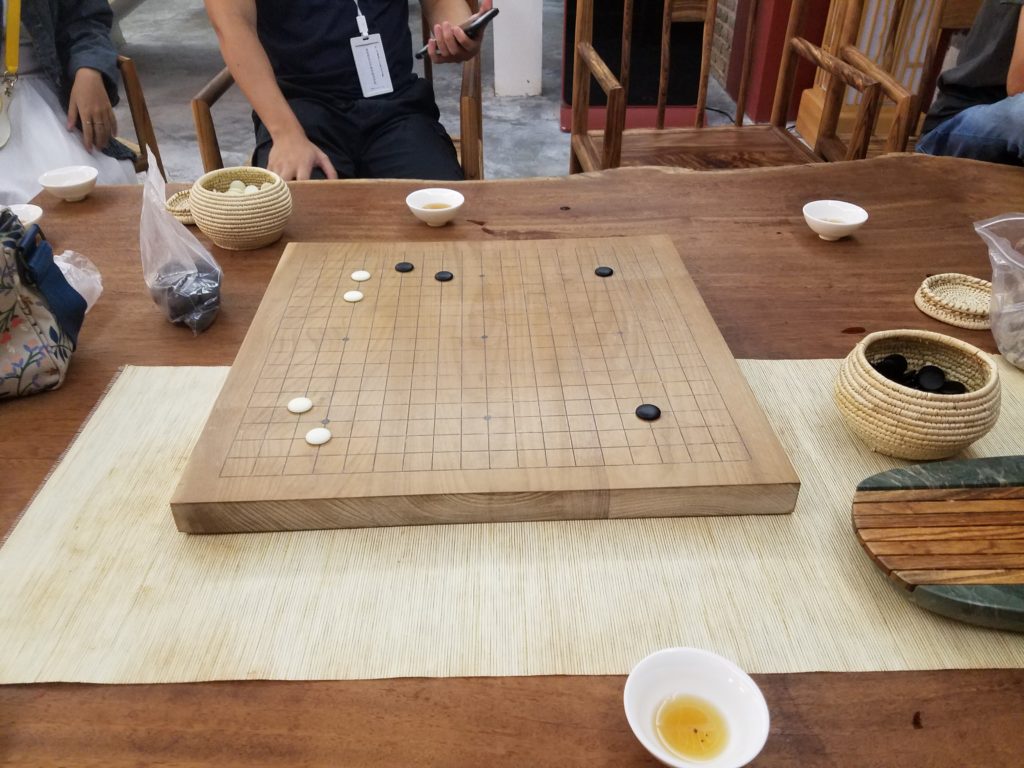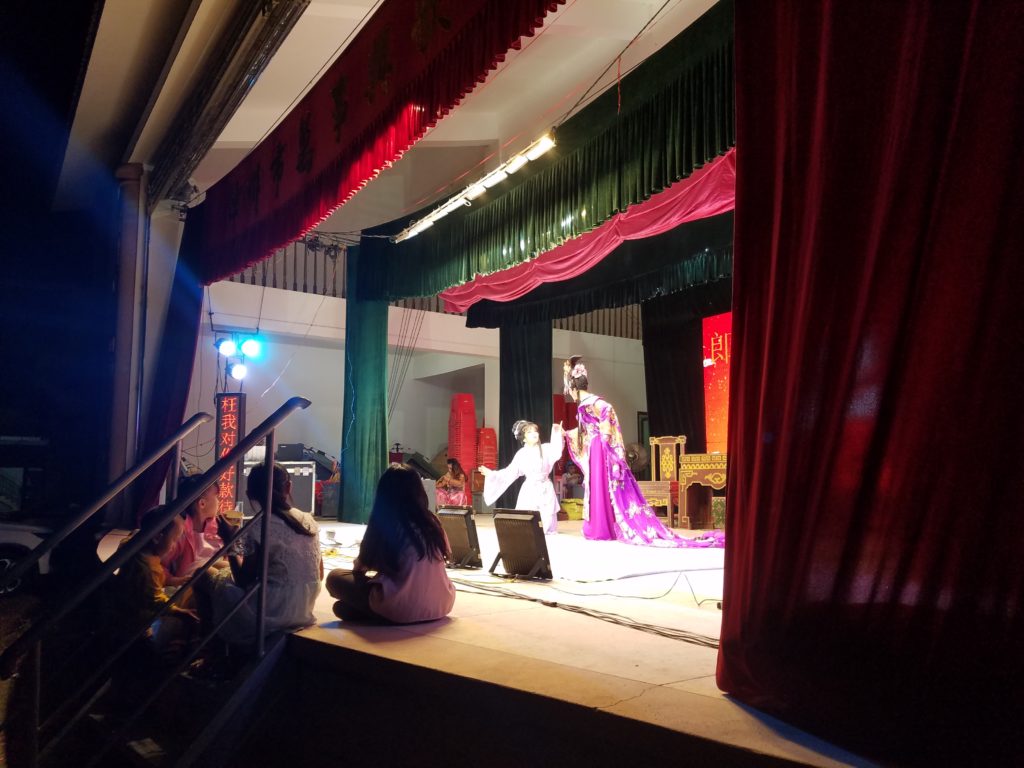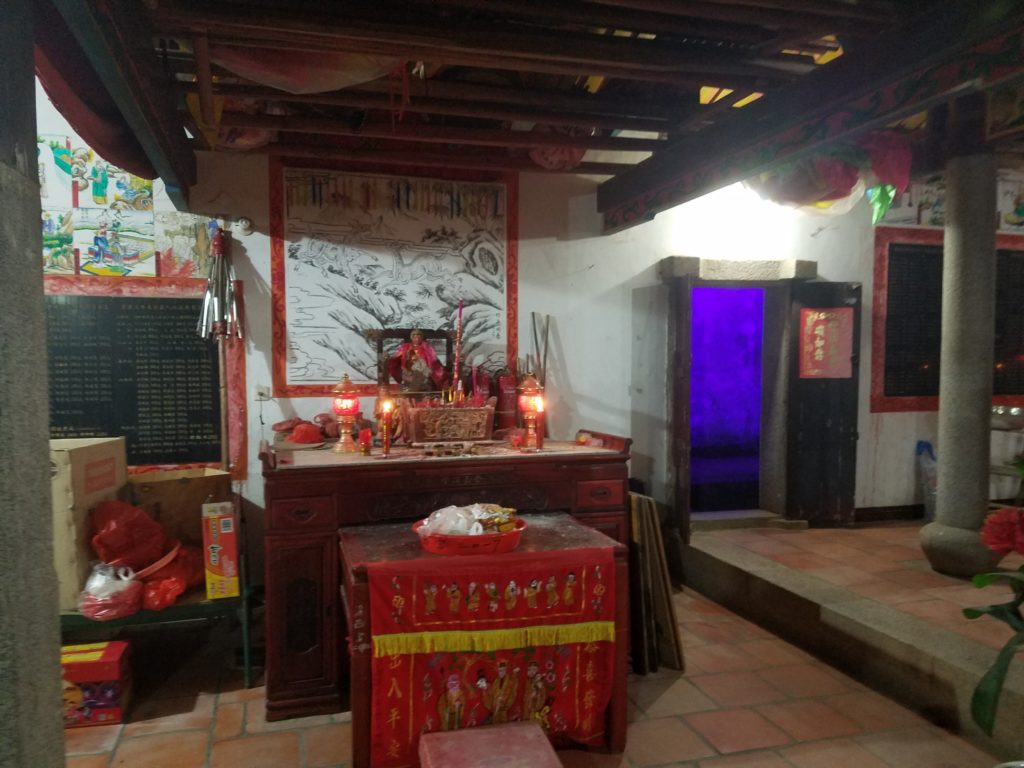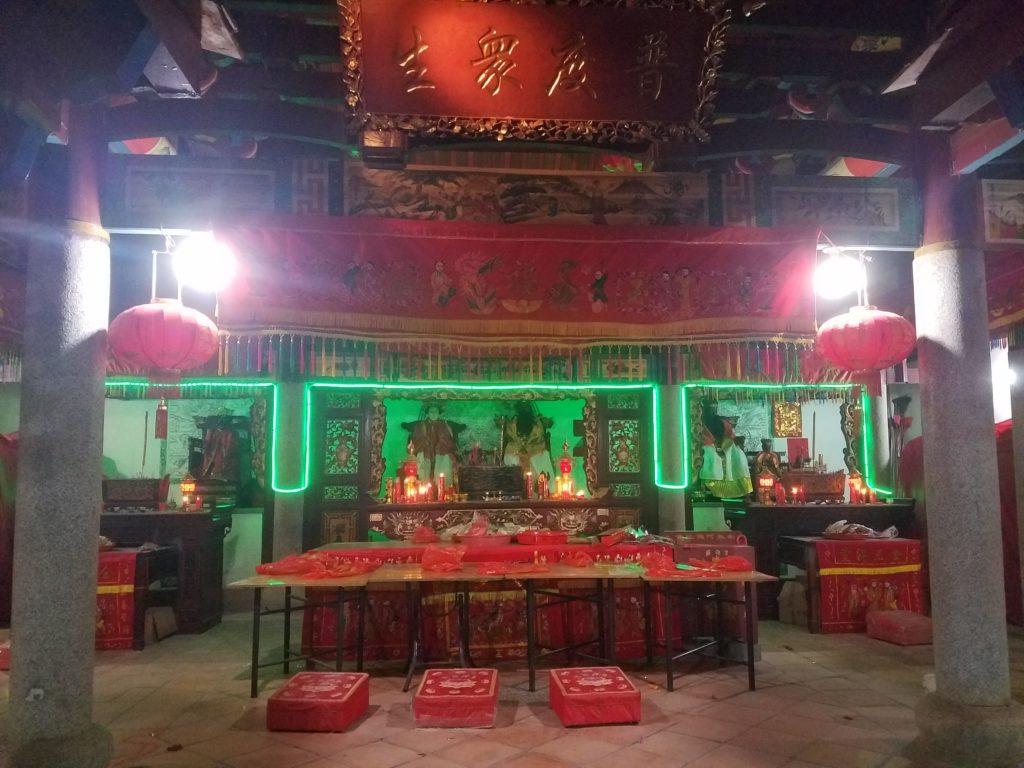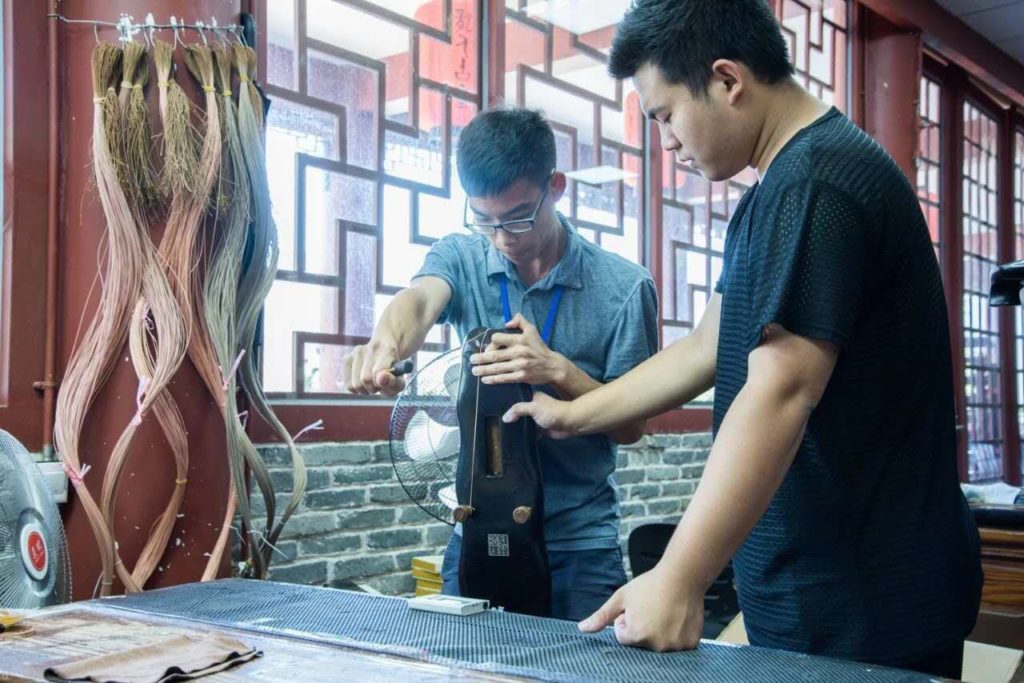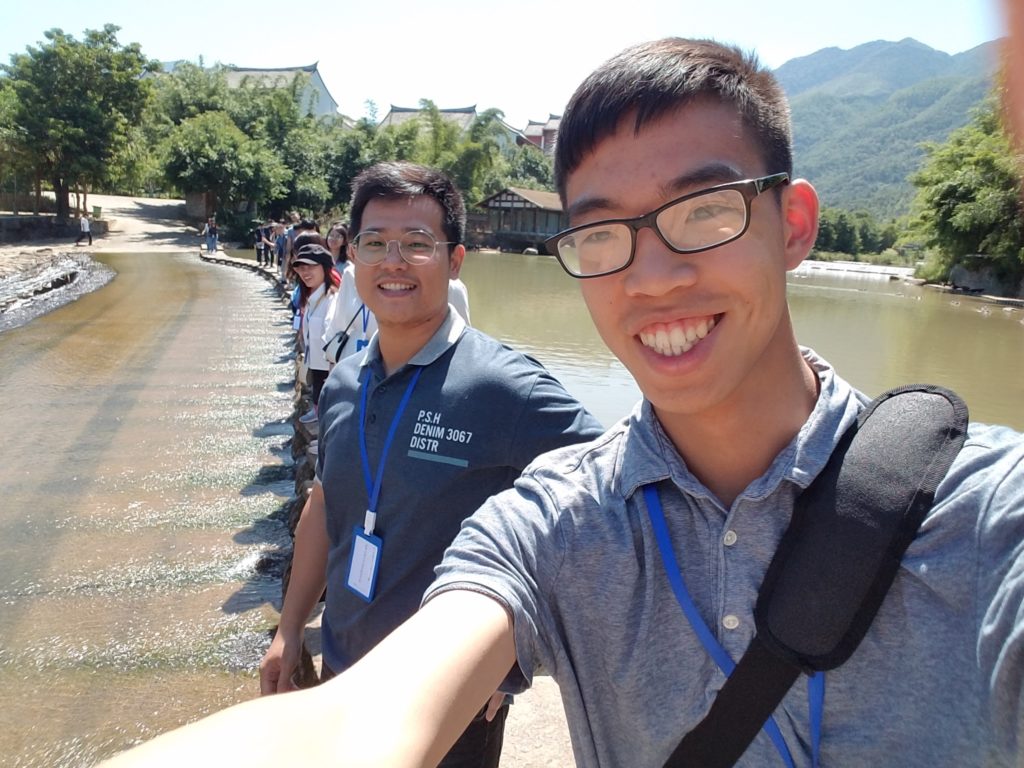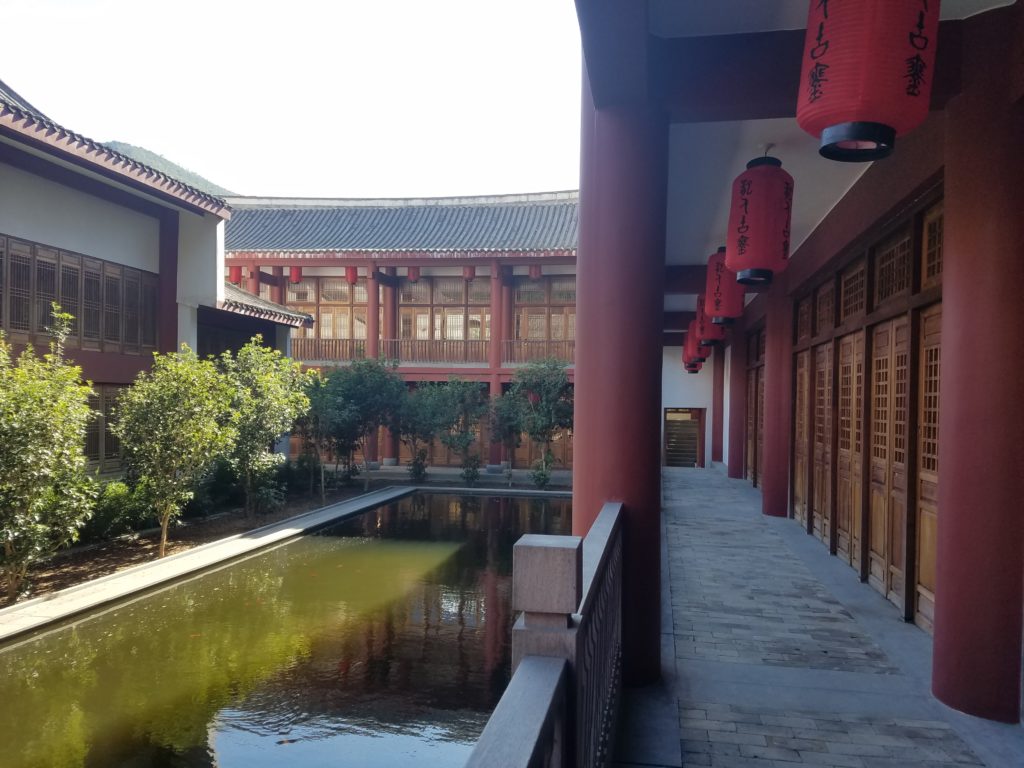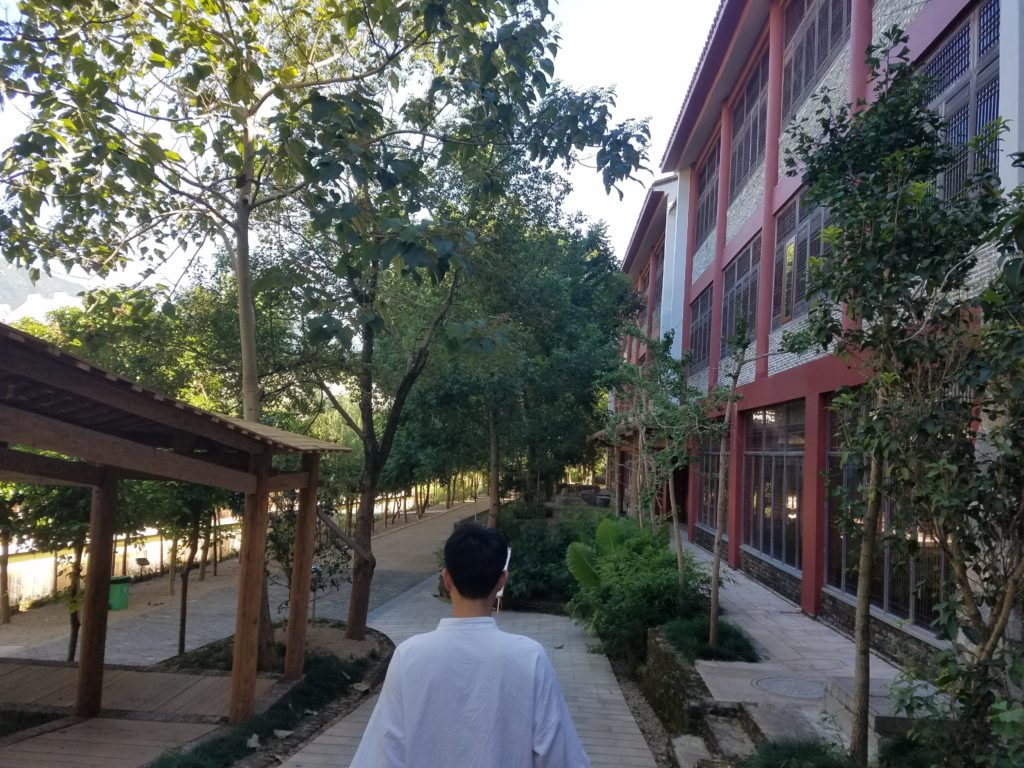This headline is misleading.
I did apply for the JET (Japan Exchange and Teaching) Program, but not as an English teacher. Instead, I applied to (was waitlisted) and eventually received a phone call with an offer to work as a Coordinator of International Affairs in Japan.
Teaching English never struck me as something I’d want to spend a year doing, and given that nobody associates me with America, I feel like it’s just weird. I’d much rather teach calligraphy. Actually—this brings me back to a point in my JET interview where I probably sent my interviewers into confusion by telling them that I associated a calligraphy brush with American culture.
I explained that a calligraphy brush—while commonly associated with East Asia—possessed the ability to write in any language, and although calligraphy is highly valued in Japan, America also has a tradition of calligraphy and hand-lettering.
Perhaps they were expecting me to say that I associated pizza, football, and Bud Light with American culture, but these were all aspects of America that never really resonated with me. Besides, in terms of cultural exchange, I think it’s best to start off with shared cultural points. Perhaps that’s calligraphy and writing, perhaps that’s in the celebration of holidays, or perhaps that’s in a shared love for the great outdoors.
In any case, I declined the position since I had already accepted the Fulbright Grant.
Now, this most recent experience reminded me just how much I did not want to teach English. A few weeks ago, my school’s Foreign Students Office recruited me to teach English to a group of preschool and early-elementary school students.
These were the children of staff in the department that directly manages all of us international students, so I felt obliged to at least give it a try. After all, they had approached me twice now, and I felt bad for continually declining.
I walked in, and the first thing one of the kids said was, “Mommmmmm, I thought you said our teacher is from America!!!”
“He is!” she exclaimed.
“America my butt!” he shouted. “He’s obviously Chinese. Don’t lie to me.”
“Watch your mouth,” she scolded. “And show your new teacher some respect.”
I sat down.
“Mom, look!” the six-year-old exclaimed again. “He doesn’t even have a powerpoint! What teacher comes into class without a powerpoint!”
I stared at him. At no point in my elementary school education do I remember even hearing the term Powerpoint. We used things called whiteboards, transparencies, and we read books in print rather than on a screen. This was a totally different era.
I picked up the textbook, which I hadn’t gotten a chance to look at until that very moment. It seemed to have been put through a lot of use.
“We already finished that book!” one of the other students said.
“I see that,” I replied, flipping through its pages. “But you can always review.”
The students fell silent, and I took the chance to introduce myself in English, then in Mandarin before asking each student to introduce themselves as well.
They struggled.
After helping them figure out how old they were in English numbers, I decided to move on. At the very least, we could do story time. And so our first lesson was on fruit.
“What fruits do you like to eat?” I asked them.
“YEEEEESUUUHHH!” one student enthusiastically replied.
“Sorry, could you say that again?”
“YESSSSSSSHH!” she screamed at me.
I was absolutely confused.
“This isn’t a yes or no question…” I tried to explain.
“NOOOO!!!!!” she screamed at me again.
The girl next to her timidly remarked, “I like caomei.”
“Oh, you like strawberries?” I immediately turned to her. “I do too!”
“Si tuo bei li!” she shouted.
I suppose pronunciation would come gradually.
The class continued as I read them stories and politely declined to sing the songs included in the textbook.
“How can you be a teacher if you don’t know how to sing songs?” one witty student remarked.
“I’m an English teacher, not a choir teacher,” I responded.
“But this is like, two sentences,” he jabbed.
“Yes,” I sighed. “I can read you the lyrics but I have no idea how the melody goes.”
“You’re just a stupid teacher. You can’t even sing a simple English song.”
Ignoring the remark, I graced them with my narration of three friends making fruit salad together. It probably would have sounded better if I knew the tune, but as a poem it didn’t sound too shabby either.
Then, my live reading stopped abruptly when two students got into a fight over who could sit in the green chair. The chairs were all made of the same uncomfortable plastic, but I suppose perhaps there was something special about the green chair.
There were tears. There was much screaming. There were many obnoxious comments.
The parents, who had been sitting at the back of the room, looked up from their phones. “Honey, stop that,” one of them muttered.
I stared at the parents.
“Honey, stop. I’ll take you out for ice cream if you stop screaming,” another parent said faintly.
The offer was drowned in the shrieks of two six-year-old classmates as I tried to stick my arms through to separate them. One of the parents glanced up and sauntered over to pick her child up. He stopped crying. The father of the other child brought her some water.
“Break time, everybody!” one of the other parents yelled from the back.
Break time seemed to mean the end of class, and they bid me farewell with an invitation to come back the next week.
I sat on the bus home dreading next week’s session. For the first time in a very, very long while, I felt like I wanted to cry. I dragged my feet back to my room and fell face-first into my bed. I woke up three hours later, still drained. I completely lacked the motivation to walk to the dining hall.
Then, there was a knock at my door, and I forced myself up to answer.
To my surprise, it was the Vietnamese nun who lived on the sixth floor.
“Do you want to come over for dinner? I made a lot of vegetarian food!” she invited.
A wave of gratitude washed over me, “Thank you so much! I’ll be over shortly.”
And with that, I spent my evening eating vegetarian noodles as a few other students stopped by for a quick bite, whether it be fruit or peanuts. Most of them had already eaten a meaty dinner and declined the offer of a full meal.
After the meal, I felt much better, and I decided to quit my job. When I informed the parents of my resignation, they were very gracious, and although I’m disappointed that I wasn’t able to help their kids learn English, I think perhaps an instructor with lighter hair, paler skin, and more affinity towards nursery rhymes would be a better fit.
